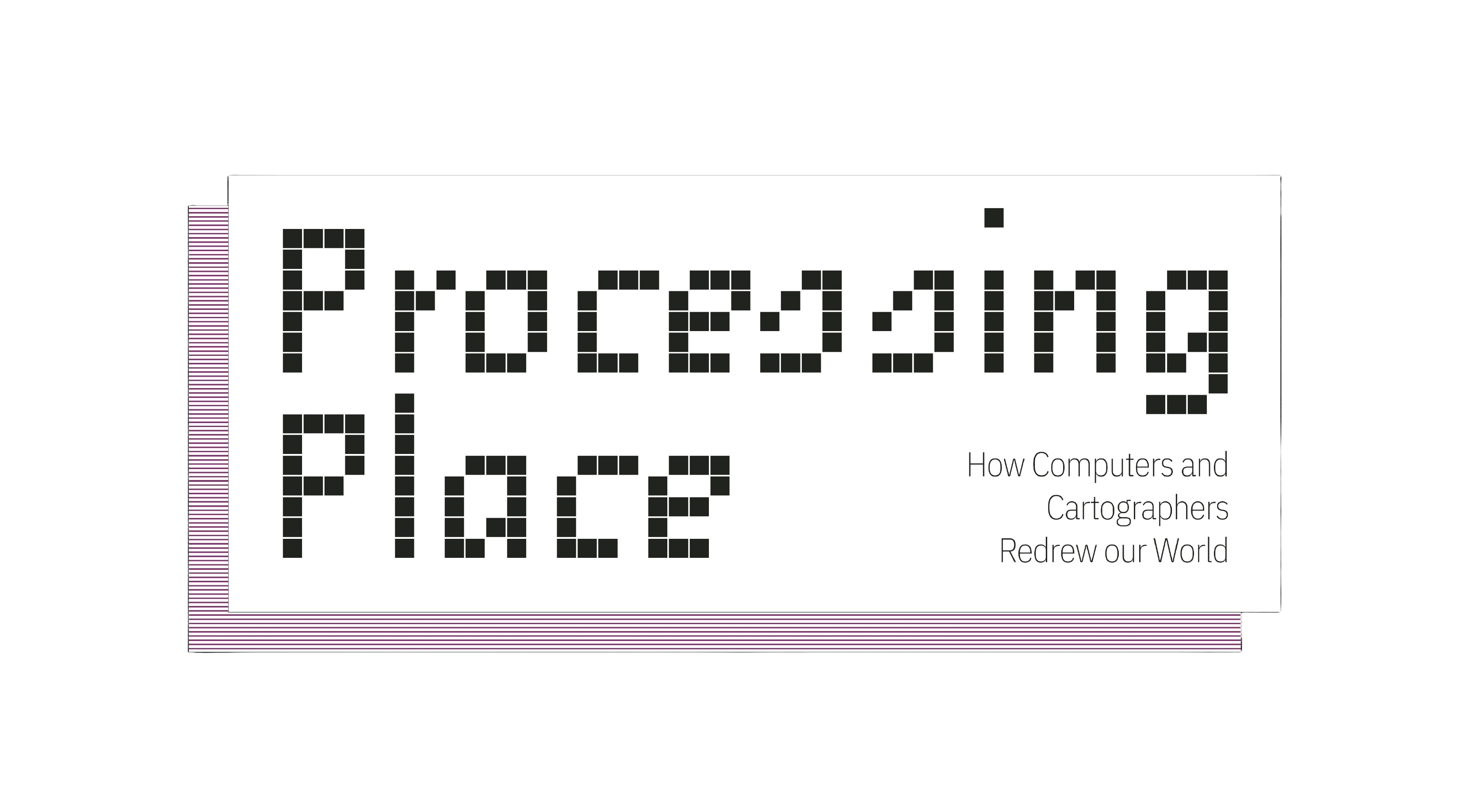Today, the maps that show up most often in our everyday lives are made by computers. Even the simplest of these rely on vast databases of geographic information and complex systems of analysis and visualization. In this exhibition, we look at how computers and cartography fused together over the past century—and how they redrew our world in the process.
From surveying Boston’s shoreline to counting whales in the Atlantic Ocean, cartographers have always “processed” information about places. However, in the middle of the twentieth century, they started using what we now recognize as modern computers to make maps. The introduction of these technologies shifted the possibilities of what cartographers—and eventually, anyone with a smartphone—could ask about the world around them.
In Processing Place, we invite you to explore how computer-assisted mapmaking processes helped us combine maps with spatial data, perform calculations, and tell geographic stories from them. These maps, and the techniques employed to make them, built upon centuries of earlier forms of geographic processing. Processing hasn’t always been handled by computers, but it has always been carried out by people who observed, encoded, and visualized the world in efforts to better understand it.
As you explore the exhibition, we encourage you to consider “processing” in a historical sense: that is, not only in terms of digital computation, but as one part of a vibrant and ever-changing cartographic process. Making observations, turning those observations into ideas, and using those ideas to make arguments about individual or collective goals is an essential human activity. Because we’ve abstracted so much of our spatial thinking and analysis into the memory of hard drives and cloud servers, it’s easy to imagine that computers have somehow made mapmaking less human. In Processing Place, you’ll see how even the most sophisticated mapping technologies still pivot around the choices made by people.
